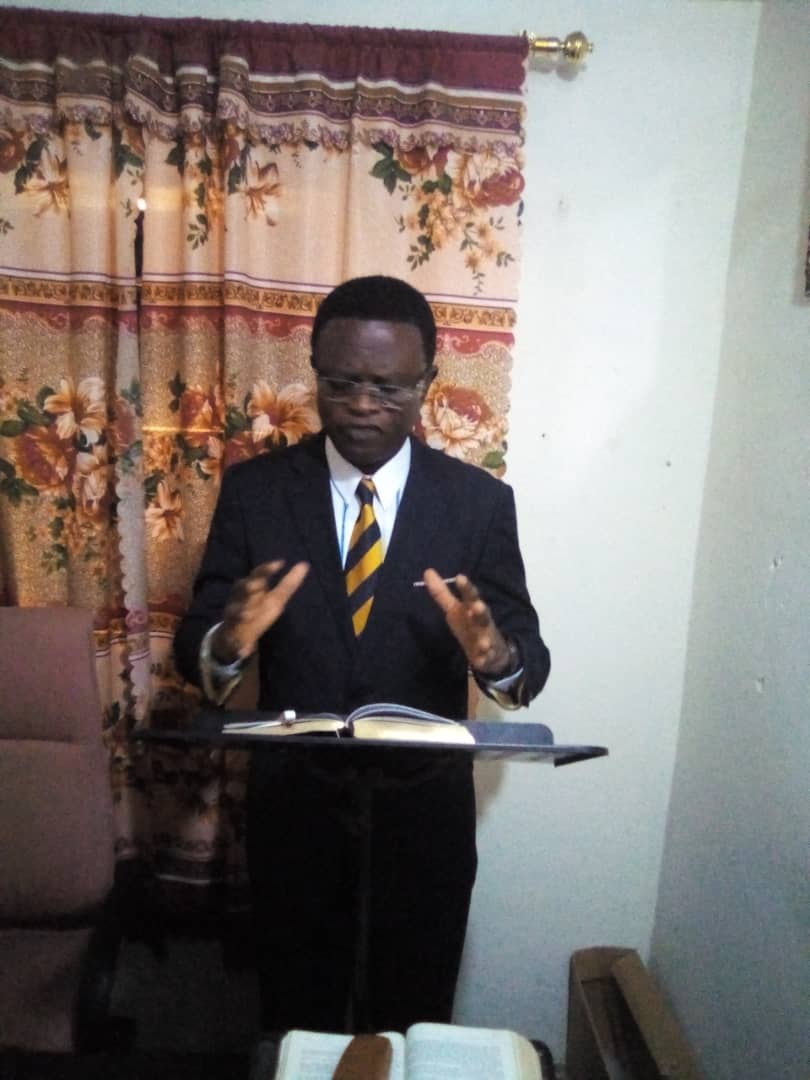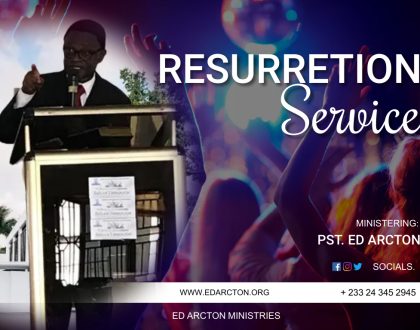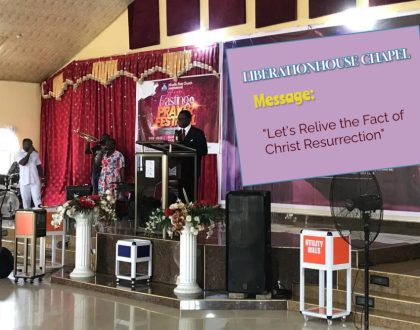Difficult Days and Times

The Christian Living in Difficult Days and Times
(Daniel 12:1-4)
One of the reasons why many people are depressed is that they do not understand what is going on in their lives and around them. There is so much uncertainty and disappointment in life. This is not only a modern phenomenon, it has been found in every age. When studying chapter 10 of the Book of Daniel, we noticed that Daniel himself and his friends had gone on a spiritual retreat to pray about why things had not gone well with regard to those Jews who had returned to Jerusalem two years previously with great hopes of rebuilding their capital city.
In chapter 10 of the Book of Daniel, the Lord had informed Daniel of a great conflict between God’s kingdom and the powers of darkness that was going to last for a long time. Behind the scenes of human history, there is a series of cosmic battles involving angels and demons. Initially Daniel was told about the effects of such battles on the Persian Empire, and after that there would come battles with the Grecian Empire (10:20-21). In chapter 11, further details are given about these empires and what would take place in the territory they ruled – most of these predictions were fulfilled in the period between the completion of the Old Testament and the commencement of the New Testament, although it is not easy to interpret 11:36ff, with many thinking it refers to the future antichrist although others have suggested Herod or the Roman Caesars. Nevertheless a case can be made that Antiochus Epiphanes is the subject from verse 21 onwards.
We may be tempted to ignore such chapters because we don’t understand the details. Yet even if we cannot understand the details, we should not miss out noticing three important truths from the information that chapters 10 and 11 contain, and are indeed found throughout the Bible: (1) God is the Lord of history; (2) events in history involve his kingdom in one way or another, and (3) the general gist of understanding such matters enables us to pray intelligently.
The Lord tells Daniel that the period will climax in a time of great trouble for God’s people (12:1). Again he highlights details of the cosmic conflict when he mentions the involvement of the angel Michael, who has already been mentioned in Daniel 10:13 and who is given the title of archangel in the New Testament (Jude 9). It is possible that this time of great trouble concerns the destruction of Jerusalem because Jesus, when describing that destruction in Matthew 24:21, used similar language to Daniel 12:1. Regarding this future time of trouble, whenever it would happen, what comfort did the Lord have for Daniel as he tried to absorb the picture he had been given of this great conflict?
Recall that these details are also given to Daniel as answers to the prayers of him and his friends. God reminded Daniel of four things:
- First he informed him of the reason why some would be delivered whose names are written in a book (v.1)
- Second he described for him the Day of Resurrection and of Judgement (v. 2);
- Third he pointed to the goal that he and others should have as they lived during the age of conflict (v.3)
- Fourth he reminded Daniel that changes will come (v. 4).
If Daniel took hold of these details by faith, then the remaining years of his life would be spent living for God, whatever changes and disappointments would happen. And as we look at these four reasons, we can see how they are also ideal for us to grasp as we pass our allotted time in the age of conflict.
-
Names Recorded in a Book by God
The idea of a book in which God records the names of those who trust in him is found throughout the Bible. Moses refers to his name being written in a book (Exod. 32:32); Malachi talks about a book of remembrance in which God records activities of his people that please him (Mal. 3:16); Paul writes about the book of life in which names of his friends are recorded (Phil. 4:3); and Revelation 20 refers to several books that will be opened on the Day of Judgement.
We should note that the reason why they are delivered is not because they are Jews (Daniel’s people), but because their names are written in this book. Some of us have address books, others have birthday books, yet others have diaries with important dates recorded in them and so on. We can imagine God’s book as a combination of all of them. In this book, he has recorded our names before we were born, he knows our address at every stage of the journey, and he records the details of our lives. All those whose names are written in God’s book trust in Jesus for salvation.
Sometimes a person asks, ‘How can I know if my name is written in God’s book?’ The answer to that question is simple: ‘Have you repented of your sins and trusted in Jesus?’ With that answer, you do not need another one. So the first item of comfort given to Daniel is that God knows his name and everything about him.
-
The Resurrection of the Good and the Bad by God
The second detail that is revealed to Daniel as a source of comfort is the certainty of the future resurrection of the good and the bad. Daniel was now an old man in his nineties and no doubt his physical abilities were waning, reminding him that he was coming near the end of his life, so from a personal point of view he would value the promise of his own future resurrection. Further he also knew that many of God’s people were going to suffer martyrdom during the age-long conflict that lay ahead for God’s kingdom, and he would be comforted by knowing that they too would be resurrected in the future. Perhaps he would look back and recall his pious parents who had given him a significant name that meant ‘God is judge’ and remind himself that they too would experience resurrection. Probably his friends Shadrach, Meshach and Abednego had died by this time and Daniel would want to contemplate their future resurrection.
Exactly how many details Daniel knew about the future resurrection is unclear. The fact is that we know so much more about it than he did. Yet his limited knowledge is a reminder that a little information can bring spiritual comfort. Of course, we should look at the passages in the New Testament that describe the resurrection because they detail what Jesus will do for us. And these passages should cause us to admire in an increasing manner the abilities of Jesus Christ.
Daniel is informed that two types of person will be resurrected. Some will rise to everlasting life and others will rise to shame and everlasting death. This is a reminder that there are two destinations and each has a very different atmosphere from the other. One is marked by endless life and the other is marked by endless despair and disgrace. We know that another biblical description of these two locations is heaven and hell. There is not a third option of another place where people might go after the resurrection. This is a reminder that we must ask ourselves this question, ‘When the resurrection comes, will I go to heaven or to hell?’
-
There is a Reward for witnessing about God (v. 3)
The third source of comfort is the reward connected to witnessing. We can think about the reward first. It is described by illustrations drawn from the heavenly bodies. Those who live in such a way will shine like the noonday sun (the brightest time of day) and the stars. What do these illustrations tell us about our reward?
It is easy to see here a reference to the statement of Jesus in Matthew 13:43: ‘Then shall the righteous will shine like the sun in the kingdom of their Father.’ When Jesus was on the Mount of Transfiguration his glorified body shone like the sun. While some people think his shining was connected to his deity, I think it is more likely that it was a foretaste of what his body would be like once he was glorified. The amazing aspect of the resurrection day for his people is that Jesus will transform their lowly bodies to be like his glorious body (Phil. 3:21). John tells his readers what will happen on that marvelous day: ‘Beloved, we are God’s children now, and what we will be has not yet appeared; but we know that when he appears we shall be like him, because we shall see him as he is’ (1 John 3:2). So we will have us our reward a glory that is visible to others.
The illustrations of the suns and stars are often used in the Bible to describe rulers. And after the resurrection, Jesus will bestow great honor on his people as he shares with them his inheritance. They will be kings and priests, sharing with him in the triumphs of his kingdom. As Paul indicates in Romans 8, they are already conquerors through Jesus. Their troubles will not prevent their glorification, a glorification that will last forever.
Yet why will they receive such a great reward? The answer is because they lived wisely, according to God’s requirements and urged others to do the same. This is not a reward of merit, but it is the consequence of Christlike behavior. They lived their lives in the way their Master lived, speaking about the need of believing the gospel and acknowledging the Lordship of Jesus. This is the part that they play as his soldiers in the age long battle. Their aim is to get as many as possible into his army, and they do so by getting involved in their lives, the idea of ‘turning’ many indicates such involvement. One of the encouragements in this life is to see God using our witness, and we will be astounded at the greatness of the reward that he will provide. As Matthew Henry put it, ‘The more good any do in this world, especially to the souls of men, the greater will be their glory and reward in the other world.’
This raises the question, Are we wise? Wisdom is seen in those who call others to righteous living. Such a lifestyle is not merely an external conformity to a fixed standard. In addition, it flows out of an inner change that is so radical it affects every area of life. There is no point telling someone to live according to God’s Word unless we also tell them about the gospel offer of forgiveness. Note also the encouragement that is given to Daniel to aim for many converts. Those who turn many to righteousness will shine like the stars. I suppose the emphasis is on spending our lives in this task. Of course, the many who will wake to everlasting life will do so because someone turned them towards Jesus and his message.
-
The Trustworthiness and Retention of the Words of God
The fourth means of comfort for Daniel is retention of what God has said. He is told to keep these words safe, not just for himself but for others. The fact that we have them is proof that he did. In contrast to those who accept his words, others will be running all over the place, accumulating all kinds of knowledge, but missing out on what really matters.
Here is a graphic picture of modern life, is it not? Many are engaged in an ongoing search for knowledge, but they are failing to find satisfaction. This is true of our generation above all others because no generation has known so much, yet no generation has been so confused. In contrast, there was a way to live for Daniel the politician who scaled the heights, for Daniel the prophet who plumbed the secrets of God, for Daniel the refugee who lived away from his roots, for Daniel the believer who struggled at times with God’s providence.
This is the story of life and the same emphases are repeated for Daniel in 12:9-10. Verse 10 describes human history. There are two peoples in the world. One group are being sanctified and another group live sinful lives. The sanctified live their way because they understand what life is about and the wicked live their way because they don’t understand. In a sense, this is the message of the book of Daniel and it tells us why he lived as he did, why he chose his priorities, and why he went where he is today; in the presence of God waiting for resurrection and reward.
Recent Sermons

Proofs of Christ Resurrection
April 11, 2023

Christ Jesus Resurrection
April 11, 2023

The Gospel of the kingdom
October 09, 2022

